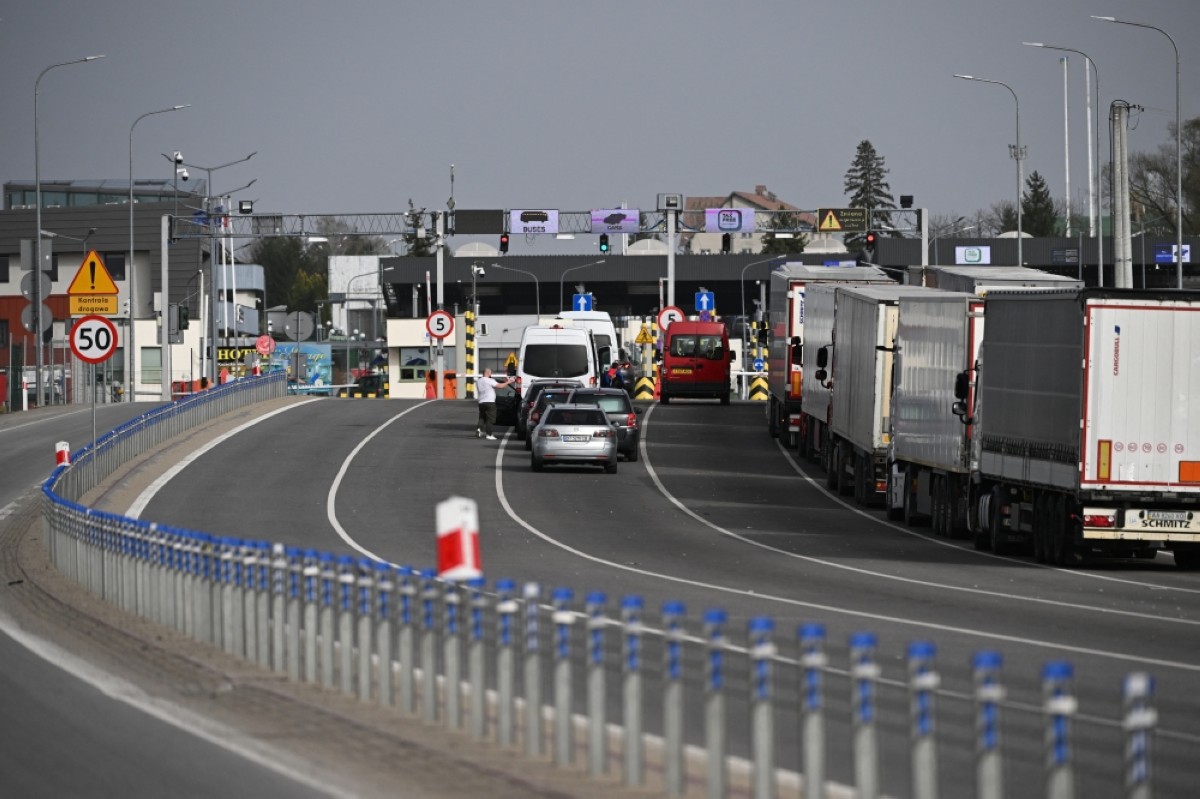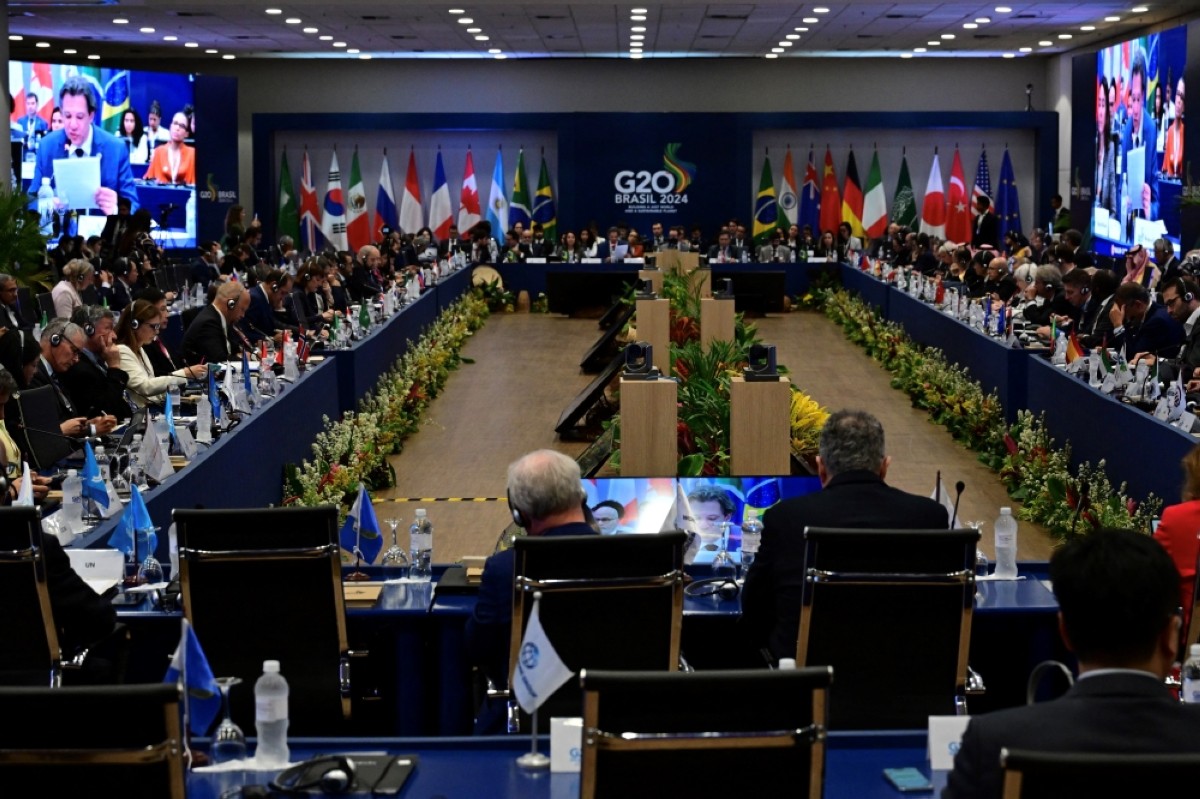S&P downgrades 3 Baltic countries due to Ukraine war
WASHINGTON: Rating agency S&P announced that it had downgraded the ratings of the three Baltic States, Estonia, Latvia, and Lithuania, citing the effects of the war in Ukraine and geopolitical risks with Russia.

MEDYKA: Cars and trucks queue to cross the Polish-Ukrainian border at the Medyka crossing, Subcarpathian region in the south-east of Poland.- AFP.
Estonia saw its sovereign debt rating raised from “AA-“ to “A+”, while Latvia’s has been raised from “A+” to “A”, as has Lithuania’s, all with a stable outlook. The downgrades reflect “our view that the impact of the war in Ukraine and the wider regional geopolitical risks” will affect the Baltic region’s “economic growth, public finances, and competitiveness over the medium term,” S&P said.
The countries were particularly hard hit by the hike in inflation that hit the European Union after the COVID-19 pandemic and in the wake of the Russian invasion of Ukraine. While inflation peaked at around nine percent for the EU, it exceeded 20 percent in the Baltic States, which are more dependent on energy from Russia. The countries were hit the hardest by the shock to gas and oil prices caused by the invasion and subsequent sanctions against Russia.
Faced with the threat posed by Russia, with which the trio of countries share a border, but also because of their support for Ukraine, the Baltic states have also increased their military spending. This is bound to weigh on public finances in a context of recession or weak growth, the agency warned.
The stable outlook reflects the rating agency’s confidence that the war in Ukraine “will not spread to the territory of any NATO member country,” the military alliance to which the three countries belong. Ukrainian President Volodymyr Zelensky said on Friday that Russia was preparing “provocations” at the borders of the Baltic region, which includes not only Estonia, Latvia, and Lithuania, but also Finland, a member of the EU and now NATO. He made the comments a week after Estonia said Russian border guards had removed buoys from the Narva River marking the border.
$2.2 billion IMF payout
In another development, Ukraine is set to receive a $2.2 billion payout from the IMF after successfully meeting the terms of an existing loan program, the Washington-based financial institution said Friday at the end of a five-day staff mission to the country. The much-needed funds, which are still subject to approval by the International Monetary Fund’s executive board, follow Ukraine’s completion of the fourth review of its existing four-year IMF loan program, worth roughly $15.4 billion.
The agreement forms part of a $122 billion international support package designed to help Ukraine’s economy amid the ongoing Russian invasion of the country, now well into its third year. “Performance under the program has remained strong despite the challenges of the war, with all quantitative performance criteria met, and one structural benchmark met and another implemented with a short delay,” IMF Ukraine mission chief Gavin Gray said in a statement. — AFP
After taking a significant hit at the onset of the Russian invasion in 2022, Ukraine’s economy has recovered somewhat, and is on track to grow by 3.2 percent this year, while inflation has continued to ease, according to a recent IMF estimate. The IMF staff level agreement comes just over a month after the US Congress passed a stalled foreign aid package that included $61 billion meant to help Kyiv’s forces push back against Russia.
“After a challenging period of liquidity strains earlier in the year due to external financing delays, external budget support for 2024 resumed and should continue to be disbursed on a timely basis to help maintain economic stability,” Gray said. “Fiscal financing needs remain very high in 2024,” he continued, adding that the authorities were making progress on restructuring commercial external debt, which forms part of the IMF-backed reform program. These reforms are “essential to create space for high priority expenditures and to help bring debt back to sustainable levels,” he said. — AFP.











